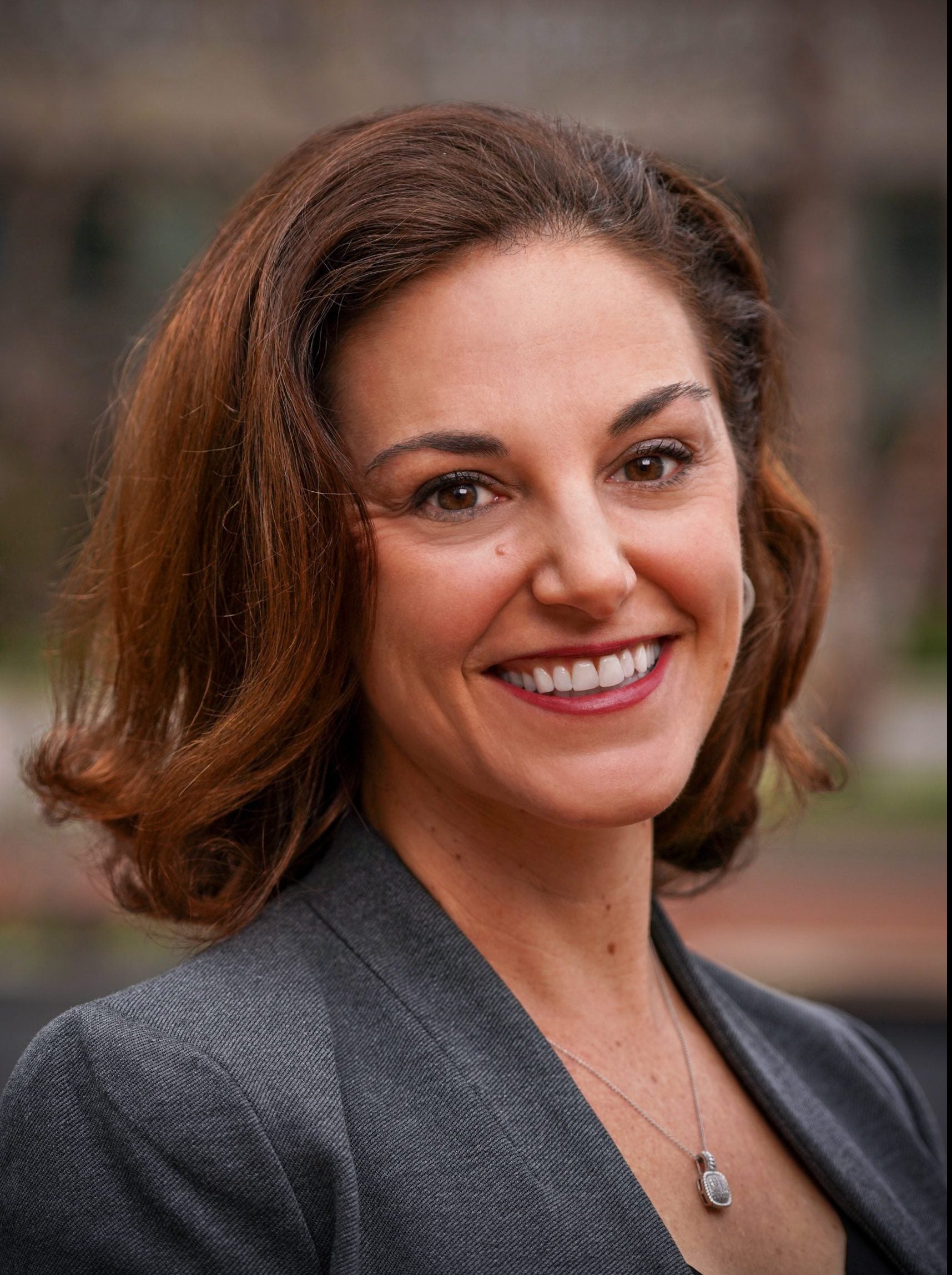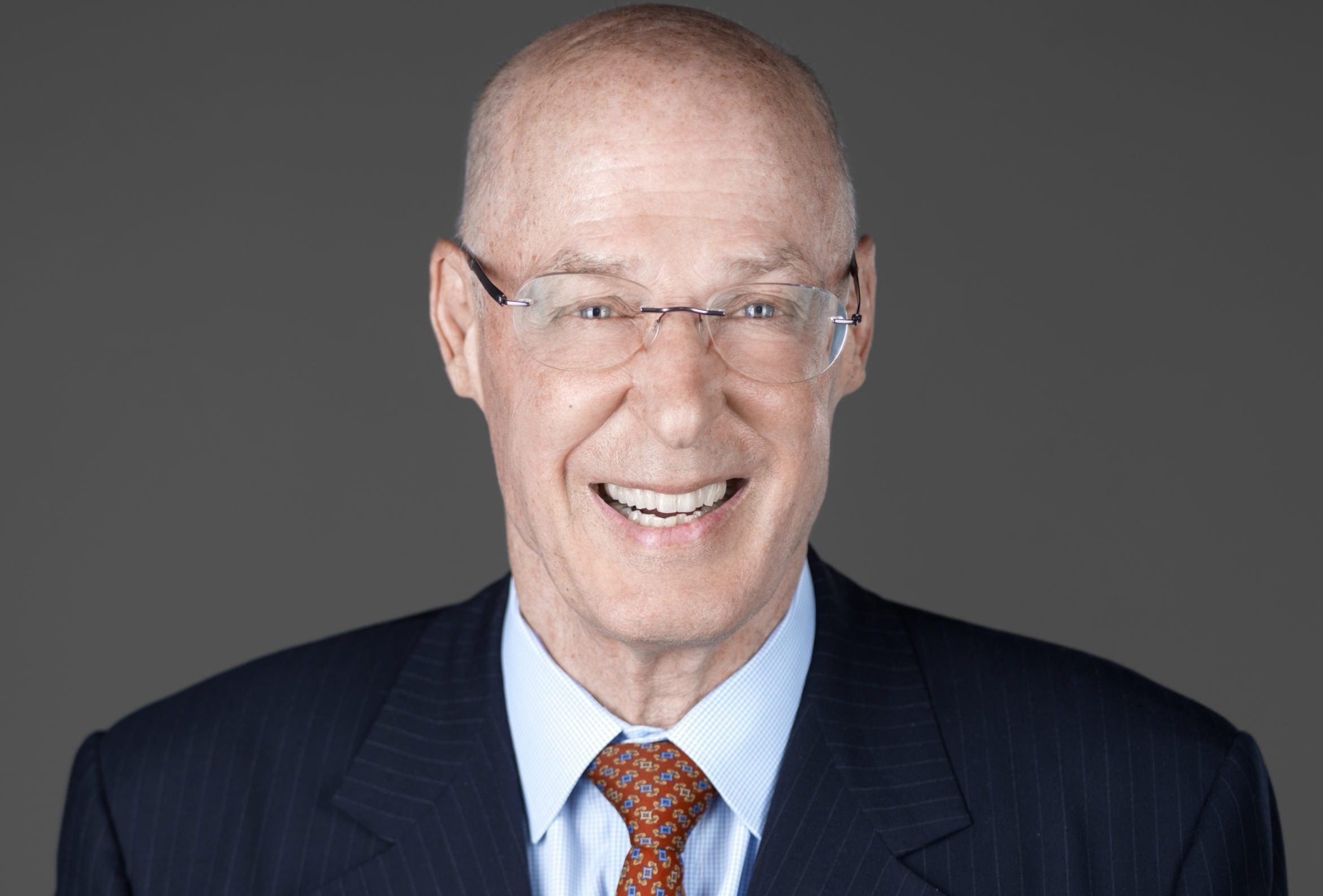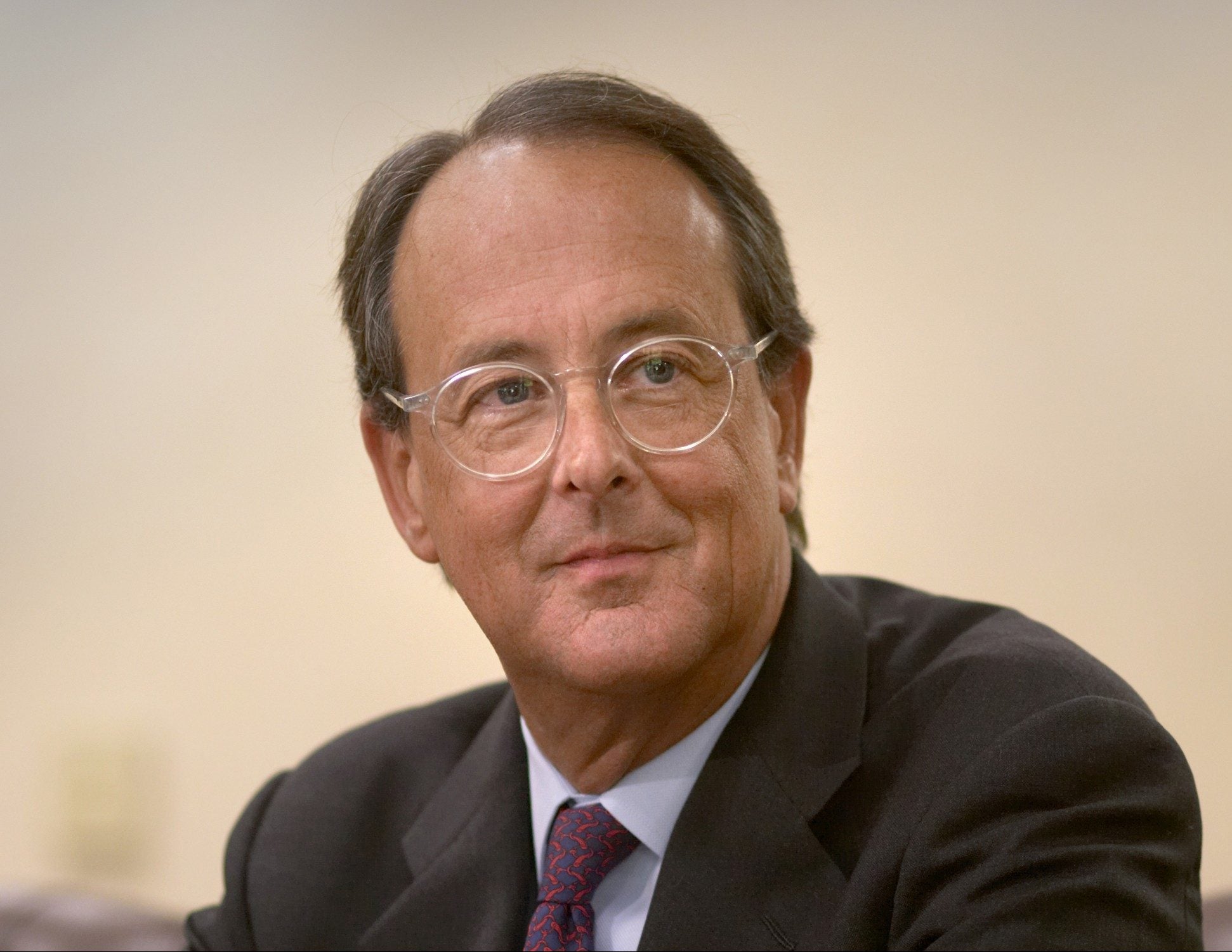Securing Our Economic Future: Policies to Strengthen the Middle Class and Address Climate Change
Two of the most critical economic challenges facing our country are the need to bolster a prosperous middle class and to address the global climate challenge. Join us for a discussion about the relevant evidence and what it implies for policy makers seeking to address these challenges and secure our country’s economic future. This event coincides with the release of the Economic Strategy Group’s third annual policy volume Securing Our Economic Future.
Agenda
All times shown are Eastern
-
2:00 pm WELCOMING REMARKS
Erskine Bowles, Co-Chair, Economic Strategy Group
-
2:05 pm PANEL I: The Economics of the Middle Class: New Evidence and Implications for Policy
Bruce Sacerdote Presentation Slides | Adam Looney Presentation Slides | Katherine O’Regan Presentation Slides
There is widespread concern about the economic health of the American middle class and a great deal of attention is paid to policies that aim to bolster the economic security of middle class households. But assessing the economic wellbeing of the American middle class is a complicated empirical task that requires understanding the full impacts of labor market trends, tax and transfer policy, consumer spending and prices, and the volatility of income. In this session, experts will present a nuanced assessment of how the economic situation and financial security of middle-income Americans has changed in recent decades, along with new evidence on the generosity of taxes and transfers over time. Finally, as the current pandemic and associated economic situation has highlighted housing insecurity as an ongoing challenge for many Americans, this session will also feature a specific policy proposal for an emergency rental assistance program for low- and middle-income Americans.
__________________________
SPEAKERS
Ben Harris, Executive Director of the Kellogg Public-Private Initiative and former Senior Economic Adviser to the Biden Campaign
Adam Looney, Executive Director of the Marriner S. Eccles Institute and Professor of Finance at the David Eccles School of Business at the University of Utah
Katherine M. O’Regan, Professor of Public Policy and Planning, NYU Wagner School of Public Service and Co-Director, NYU Furman Center
Bruce Sacerdote, Richard S. Braddock 1963 Professor in Economics, Dartmouth CollegeMODERATOR
Melissa Kearney, Neil Moskowitz Professor of Economics, University of Maryland; Director, Economic Strategy Group -
3:00 pm BREAK
-
3:15 pm PANEL II: INTRODUCTORY REMARKS
Henry M. Paulson, Jr., Co-Chair, Economic Strategy Group
-
3:20 pm PANEL II: Policy Options for Addressing Climate Change
Climate policy is returning to the forefront in Washington as a new administration takes the helm. The costs of inaction on climate change have been mounting, with potentially catastrophic consequences for human health and prosperity. Meanwhile, the burden of addressing the challenge remains daunting, as differences in risks, priorities, and cost-benefit tradeoffs across regions hinder coordinated action within the United States and around the world. This panel will focus on major policy mechanisms for addressing climate change and discuss opportunities for and barriers to implementation. This conversation will feature three climate policy experts who will discuss market-based strategies for reducing carbon emissions; the use of climate-control mechanisms such as carbon dioxide removal and solar modification; and policies to mitigate climate risk and promote adaptation.
__________________________
SPEAKERS
Kate Gordon, Director, Governor’s Office of Planning and Research, California
Trevor Houser, Partner, Rhodium Group
David Keith, Gordon McKay Professor of Applied Physics, John A. Paulson School of Engineering and Applied Sciences; Professor of Public Policy, Harvard Kennedy School
Roberton Williams, Professor, University of Maryland; Chief Economist, Climate Leadership CouncilMODERATOR
Gillian Tett, Chair of Editorial Board and Editor-at-Large, US, Financial Times -
4:15 pm CLOSING REMARKS
Melissa Kearney, Neil Moskowitz Professor of Economics, University of Maryland; Director, Economic Strategy Group
__________________________
This event coincides with the release of the Economic Strategy Group’s edited policy volume Securing our Economic Future, featuring nine chapters by leading experts on the economics of the middle class, geographic divergence and place-based economic development, and the global climate challenge. If you would like to receive a complimentary copy of our book, please request one here.


